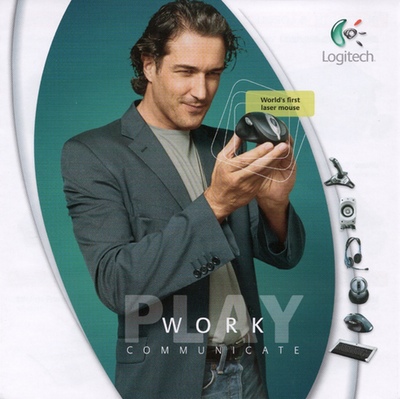
My brain reads it as “Plorky.”
No gods, no kings, no billionaires

My brain reads it as “Plorky.”
To people in the UK and US, Dutch politics can look like a confusing mess, but fortunately we have Peter-Paul Koch to explain it all.
In the web development world, ppk is well-known for his web browser compatibility tables, founding Fronteers (the Dutch professional organisation for front-end developers), and more recently his work on mobile browsers. But he is also a historian, which shows in articles like his amazing dissection of the new <time> element in HTML5, and the introductions to Dutch politics he has written over the last couple of years.
Since the fall of the Dutch government two weeks ago, ppk has created a separate blog in which he is writing lots of great stuff about Dutch political history, the political parties in play for the upcoming general election (there are many), and the ups and downs of the race itself, such as last week’s local elections.
If your Dutch isn’t good enough to read the native news sources, ppk is definitely the best source of background on this highly entertaining political contest:
“The arrows. What they mean is, you control who you are by moving forward, never back; you move forward. That’s what I do. That’s what we’re going to do.”
When we moved to the Netherlands in 2007, I regularly had to explain to people that I wasn’t moving back. Our decision to emigrate to the Netherlands was influenced by my childhood in Limburg, but only in the sense that it had given us knowledge and experience of many desirable aspects of Dutch culture and lifestyle — not in the sense that I was trying to return to a “home” with which I had some kind of preternatural affinity.
We didn’t sell our house in Edinburgh immediately when we moved. We had intentions of renting it out, but nothing ever came of that; we ended up selling it just a few months later. But in those months, I stayed there whenever I went back to Scotland as part of my job at Skyscanner.
My first trip back was horrible. The house felt hollow and joyless: stripped of our presence, but haunted by our old furniture. When I visited the Mother Goose Nursery, that bright and happy place where Alex and Fiona had spent much of their early years, I found that most of the staff we had known and chatted with almost every day were gone. Some had moved to different nurseries, others had quit the profession altogether. It was like someone had cut out its heart, and, by association, also a piece of mine. When I went out for pizza with my friends, the city centre of Edinburgh itself felt oppressive and threatening. Everything had changed. And by everything, I mean me.
I have continued to work remotely for Skyscanner for the last two and a half years. I have been back to Scotland regularly, and fortunately none of the trips have been as bad as that first one. Most of them have been great, in fact. Despite not being a very sociable person, I do thrive on contact with my most excellent colleagues. Spending a couple of days in the office, swimming in the pond, always energizes me. But I miss Abi, Alex, and Fiona when I’m away, and the days leading up to a trip are distorted by anxiety about leaving them. (I’m not good with departures.) Also, although remote working can be peaceful and distraction-free, it can also be lonely and impersonal. Over time, the lack of day-to-day contact was building up and making me feel invisible and ineffective.
So this is my last trip back to Edinburgh for Skyscanner. I’m starting a new job with Sogeo Company on Monday.
But just as my first trip back to Edinburgh after moving away was bad, this last one is difficult, too. I think it’s because although I am still employed by Skyscanner, I have moved forward already, and being here is being back. It isn’t the energizing experience it used to be, because I’m not trying to carry that energy back with me. Conversations with friends and colleagues feel strained, because I’m ending my involvement with something they are still right in the middle of. I’m an outsider already. Everything had changed. And by everything, I mean me, again.
Going back is not what I do. Most of the time this manifests itself in little ways, such as the being more interested in hearing my favourite artists’ new albums than in listening to their back catalogues; or a lack of inclination to scour social networks for people I haven’t spoken to in years. Other times — like now — it emerges as the feeling of alienation I’ve described above.
The quote at the top of this entry is from The Watchman by Robert Crais, and is spoken by the taciturn Joe Pike. Pike defines himself by his forward motion, and has red arrows tattooed on his deltoids as a symbol of this commitment. I don’t like needles, but I’ve never felt a stronger urge to get some ink than I do right now.